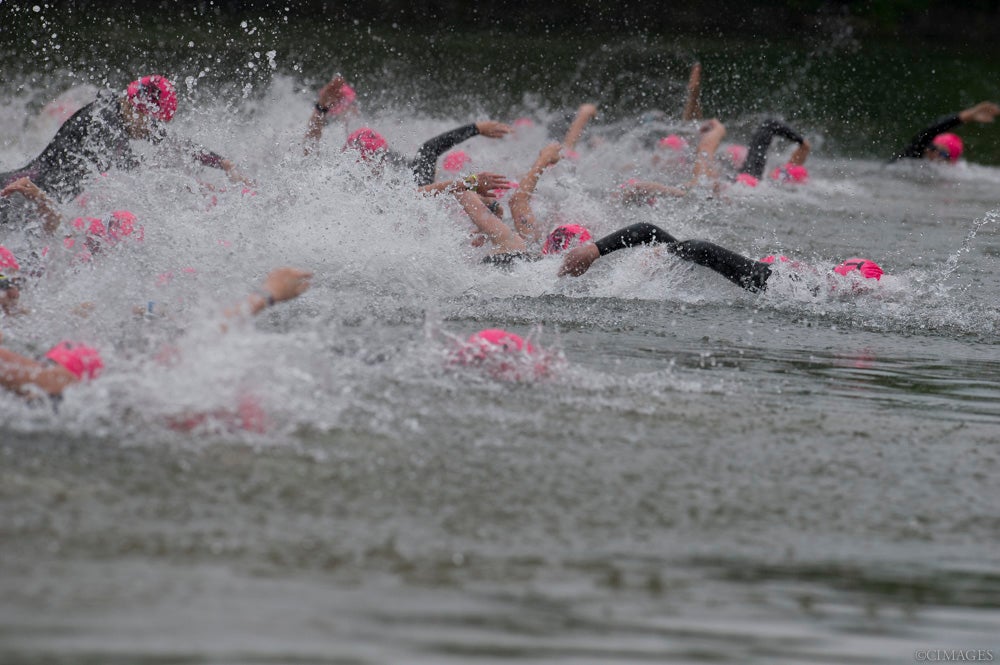USAT Just Made a Big Step Toward Increasing Diversity in Triathlon

Photo: Mario Cantu
Hampton University, located on the southeast coast of Virginia, will introduce women’s triathlon as a varsity sport starting in the fall of 2019. Hampton is the first historically black university to do so, and it comes as part of a larger initiative from USAT to work with historically black colleges and universities (HBCU) to increase diversity in triathlon—a sport in which less than one percent of U.S. participants are African-American. The announcement is a big step forward for the sport’s diversity because it will increase representation of black athletes at a national level.
“I truly believe that you achieve to be what you see,” says Sika Henry, who’s on a quest to become the first black female pro triathlete. “When I don’t see other people who look like me in this sport, it’s difficult—a little like being an outcast in a way.” Sika talks about how watching Max Fennell become the first black pro triathlete in 2014 inspired her to chase that dream. “Seeing his journey, his story and having that image there,” she says, was important.
“I go on USAT’s website and I look at pictures of the collegiate races and I don’t see anyone who looks like me,” she continues. Athletes from Hampton’s new tri squad, she believes, will help more people envision themselves in the sport. But the varsity team is just the beginning of USAT’s future programming plans with HBCUs.
The USA Triathlon Foundation, part of whose mission is “to open pathways to triathlon to those whom it might not otherwise be possible,” allocated a special grant of $225,000 to Hampton to help get the program going. Other initiatives in the works with HBCUs: an indoor triathlon series at HBCU campuses, an HBCU triathlon combine to identify multisport talent, a campus rep program and a professional development program for HBCU students interested in working in the Olympic movement.
Dr. Tekemia Dorsey, CEO of the International Association of Black Triathletes, is also a triathlon coach who works with HBCUs in the Baltimore area promoting tri. They are all urban campuses, she points out, saying she hopes they follow Hampton’s lead. “This program creates a pipeline for students in urban and black communities,” she says.
And as is true, to varying degrees, of all collegiate varsity programs, “with USAT providing funding to the program it’ll give that next generation of athletes the opportunity to be involved in the sport without bearing the costs of it,” Henry says.
Hampton University is the 26th to add the sport under the NCAA’s emerging sport program. To become a full-fledged NCAA sport, there must be at least 40 varsity programs at universities across the U.S. by 2024. The varsity season, composed of three regional qualifiers and the Women’s Collegiate Triathlon National Championship, features sprint-distance races covering a 750-meter open water swim, draft-legal 20-kilometer bike, and 5-kilometer run.
Hampton is currently searching for a coach. Once a coach is on board, the university will be recruiting student-athletes, acquiring equipment for the program, and formalizing partnerships in the community.